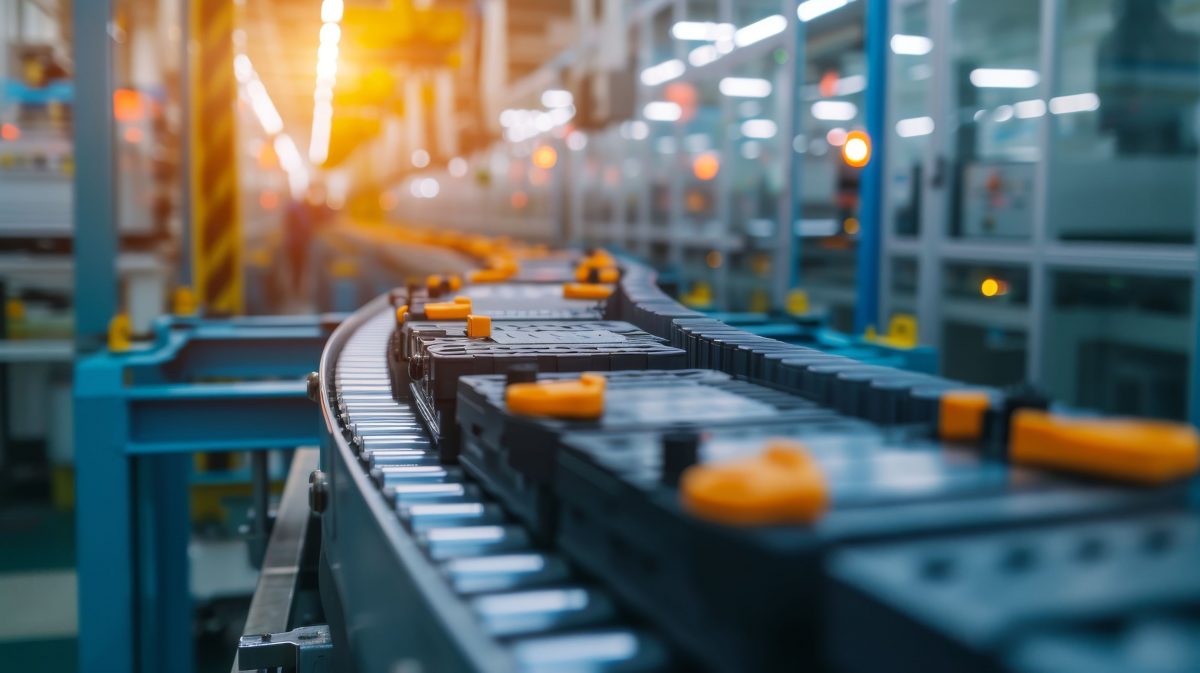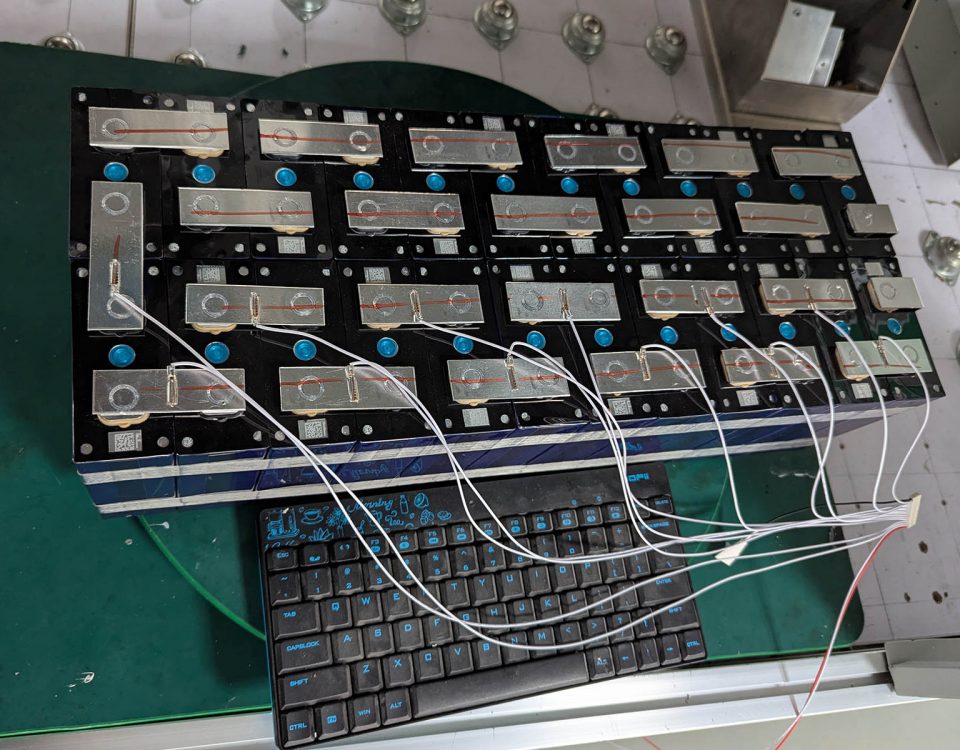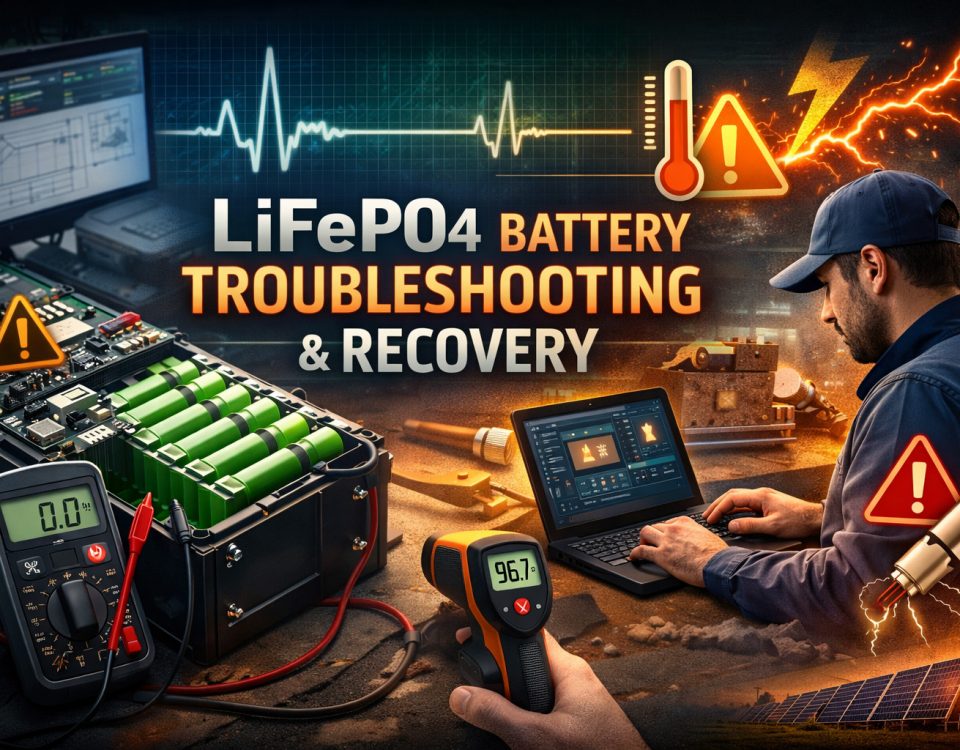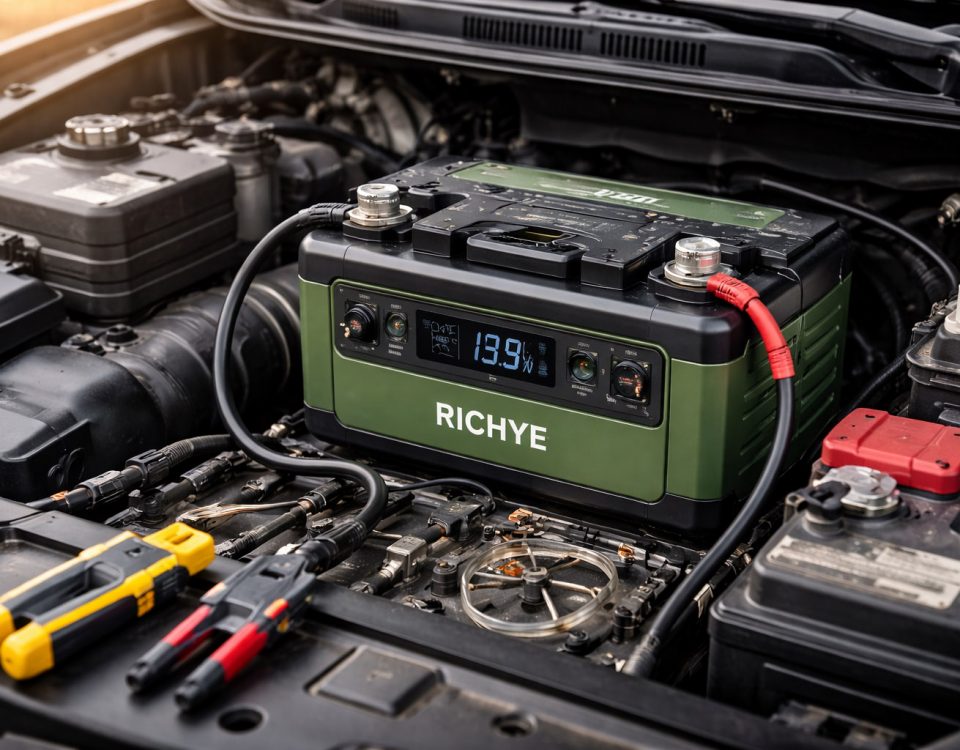In today's rapidly evolving technological landscape, one particular innovation is gaining widespread attention and transforming industries: lithium batteries. From electric vehicles to portable devices, and most recently, automated guided vehicles (AGVs) in warehouses, lithium batteries are powering a revolution in how energy is stored, managed, and utilized. This article explores why lithium battery technology is at the forefront of modern innovations and how its impact is reshaping industries worldwide.
The Growing Demand for Lithium Batteries
Lithium-ion batteries have been around for decades, but recent advancements have propelled their use in mainstream applications. Their high energy density, fast charging times, longer lifespan, and decreasing costs have made them the go-to power source for various applications, from smartphones to electric cars and industrial automation.
As the world moves towards a more sustainable future, lithium batteries are playing a pivotal role in reducing carbon footprints. Electric vehicle (EV) sales, for instance, are on the rise globally, with major automakers investing billions in EV technology. This shift from fossil fuels to renewable energy sources is largely possible because of the efficiency and reliability of lithium batteries.
Why Lithium Batteries are Essential for the Modern World
The importance of lithium batteries in today's world cannot be overstated. Here are a few reasons why they are crucial for the future of technology:
-
Energy Efficiency and Sustainability: Lithium batteries offer a more sustainable alternative to traditional energy sources. They are recyclable, have a lower environmental impact, and are essential in reducing reliance on fossil fuels. As industries and consumers prioritize sustainability, the demand for lithium battery-powered solutions continues to surge.
-
Compact and Lightweight: Lithium batteries have a high energy density, meaning they can store more energy in a smaller, lighter package compared to traditional lead-acid batteries. This makes them ideal for applications where weight and size are critical factors, such as drones, electric vehicles, and portable electronics.
-
Fast Charging and Long Lifespan: One of the key advantages of lithium batteries is their ability to charge faster and last longer than conventional batteries. In industrial applications, such as AGVs used in warehouses, the quick charging times significantly reduce downtime, ensuring continuous operations.
-
Cost-Effectiveness Over Time: While lithium batteries may have a higher upfront cost compared to older technologies, their longer lifespan and reduced maintenance needs make them more cost-effective in the long run. For industries relying on AGVs or electric vehicles, this can lead to substantial savings over time.
The Role of Lithium Batteries in Automated Guided Vehicles (AGVs)
One of the most exciting applications of lithium battery technology is in automated guided vehicles (AGVs). AGVs are becoming increasingly important in the logistics, manufacturing, and warehousing industries as companies look to automate processes to increase efficiency and reduce human error. These intelligent vehicles rely on high-performance lithium batteries to perform their tasks, moving materials within a warehouse or factory setting without manual intervention.
AGVs require consistent, reliable power to operate autonomously, and lithium batteries provide the necessary longevity and power output. The energy efficiency and fast charging times of lithium batteries allow AGVs to operate for longer periods with minimal downtime, enhancing overall operational efficiency.
With industries continuously evolving towards greater automation, AGVs powered by lithium batteries are at the forefront of this transformation. They can be programmed for various tasks, such as transporting goods from one part of a warehouse to another, and their capabilities are continually expanding as battery technology advances.
The Importance of Battery Management Systems in AGVs
For AGVs and other battery-powered devices, managing energy consumption is critical to maintaining performance and extending the lifespan of the battery. This is where advanced battery management systems (BMS) come into play. These systems monitor the health of lithium batteries, ensuring they are operating at optimal performance levels. The BMS provides real-time insights into the battery’s charge cycles, energy output, and overall condition, allowing businesses to predict when maintenance is needed and avoid unexpected failures.
In AGV applications, an advanced BMS integrated with lithium batteries ensures that the AGV battery operates smoothly and efficiently, providing the necessary power for long shifts in demanding industrial environments.
The Future of Lithium Batteries in Industrial Automation
As industries become more digitized and automated, the need for high-performance energy storage solutions will only grow. Lithium battery technology is at the heart of this change. In the future, we can expect to see lithium batteries powering even more advanced applications, including AI-powered robotics, autonomous vehicles, and large-scale renewable energy storage systems.
The advantages of lithium batteries in industrial automation are clear, and the continued investment in research and development will only enhance their capabilities. As AGVs and other automated systems become more intelligent, the energy demands will increase, and lithium batteries will be key to meeting these demands.
Industry Example: Electric Vehicles and Lithium Batteries
In addition to AGVs, lithium battery technology is also reshaping the electric vehicle (EV) market. With major car manufacturers transitioning towards electric power, lithium batteries are at the center of this industry-wide transformation. The high energy density of lithium batteries allows electric vehicles to travel greater distances on a single charge, making them more practical for everyday use.
Battery innovation is a driving force behind the rapid development of the EV market. Automakers are continually working to improve battery efficiency, charging speed, and overall durability to make electric vehicles more accessible to consumers worldwide.
Richye’s Role in the Lithium Battery Revolution
As a leading manufacturer of lithium batteries, RICHYE is at the forefront of this industrial revolution. The company produces high-quality lithium batteries that are renowned for their performance, safety, and durability. Whether used in AGVs, electric vehicles, or other high-demand applications, RICHYE's lithium batteries provide reliable power solutions tailored to meet the needs of modern industries.
RICHYE's commitment to quality ensures that their lithium batteries meet the highest standards in safety, performance, and efficiency. This makes them a trusted partner for businesses looking to integrate lithium battery technology into their operations, whether it’s in automation, transportation, or renewable energy.
Conclusion
Lithium battery technology is not just a trend; it is a fundamental driver of innovation across various sectors. As industries continue to evolve towards greater efficiency, sustainability, and automation, the demand for high-performance lithium batteries will only increase. From powering AGV battery systems in warehouses to transforming the electric vehicle market, lithium-ion technology is revolutionizing how we store and use energy.
For businesses looking to stay ahead of the curve, investing in lithium battery-powered solutions is not just an option—it’s a necessity. And with companies like RICHYE leading the charge, the future of lithium batteries looks brighter than ever.




